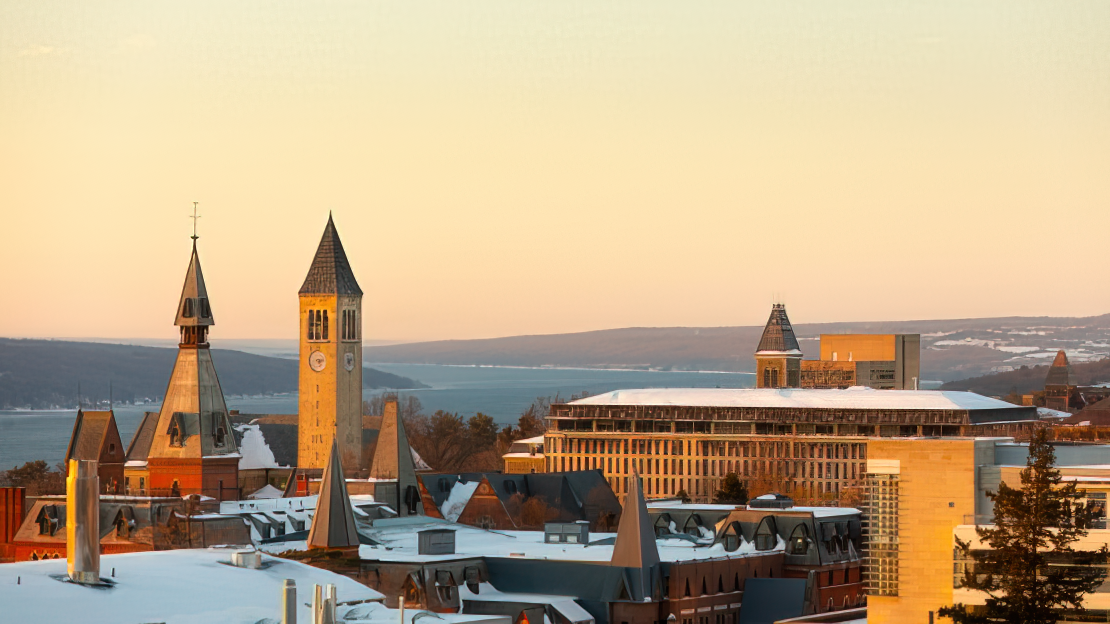This summer, two first year Ph.D. students gained hands-on experience conducting research with community partners in New York City through the Action Research Collaborative’s summer fellowship program. For both Rob Klein, a Ph.D. student in Psychology, and Lauren San Diego, a Ph.D. student in Nutrition, the fellowship offered an opportunity to learn how researchers can engage community members in their work and support translational research projects.
The fellowship trains the next generation of scholars to bridge the gap between academic research and community needs, developing solutions and interventions to unique challenges.
For Klein, this was his first experience engaging in action research. He spent the summer working on study to understand identity development among LGBTQ+ youth led by his advisor, ARC faculty member Adam Hoffman, an Assistant Professor of Psychology,
Living in New York City enabled Klein to strengthen his relationships with community partners and provide better research support, since the study site is located in Manhattan.
“We were on site with our community partner working with the young people – showing up and attending the groups where they learn about financial literacy and mental health support,” Klein said.
The project will contribute to data collection for Klein’s dissertation, too.
For San Diego, working with community partners also provided unique perspectives to her ongoing research.
“Nutrition is really important for overall health – but people have a lot of other stressors going on that make it difficult for to actually prioritize nutrition and ways that support their health,” said San Diego. “Working with our community partners helps us put into context what’s doable, what’s not, and work towards mutual goals.”
“This fellowship enables Ph.D. students to develop a better understanding of community needs and learn concrete strategies that scientists and communities can use to collaborate on research projects,” said Neil Lewis, Jr. ‘13, ARC co-director and associate professor of communication in the College of Agriculture and Life Sciences (CALS). “It gives a future generation of scholars direct experience with conducting the kind of research that not only advances scientific knowledge, but also directly addresses pressing issues that people are facing in society,” Lewis said.
San Diego and Klein also benefited from mentorship by ARC’s co-directors and professional development opportunities.
“One of the most valuable things has been to think about where our work will lead us post-grad: informational interviews, networking, and exploring postdoctoral grants,” added San Diego.
The fellows attended ARC’s annual symposium, where they connected with policymakers and community leaders, developed connections with other faculty members, and met with representatives of the New York City Department of Health and Mental Hygiene during ARC’s Day of Partnership.
“In addition to showing fellows the importance of community-engaged research, we want to give them the resources and connections to be successful when they leave Cornell,” said Tashara M. Leak, ARC co-director and associate professor of nutrition and associate dean of the College of Human Ecology (CHE) in New York City.






